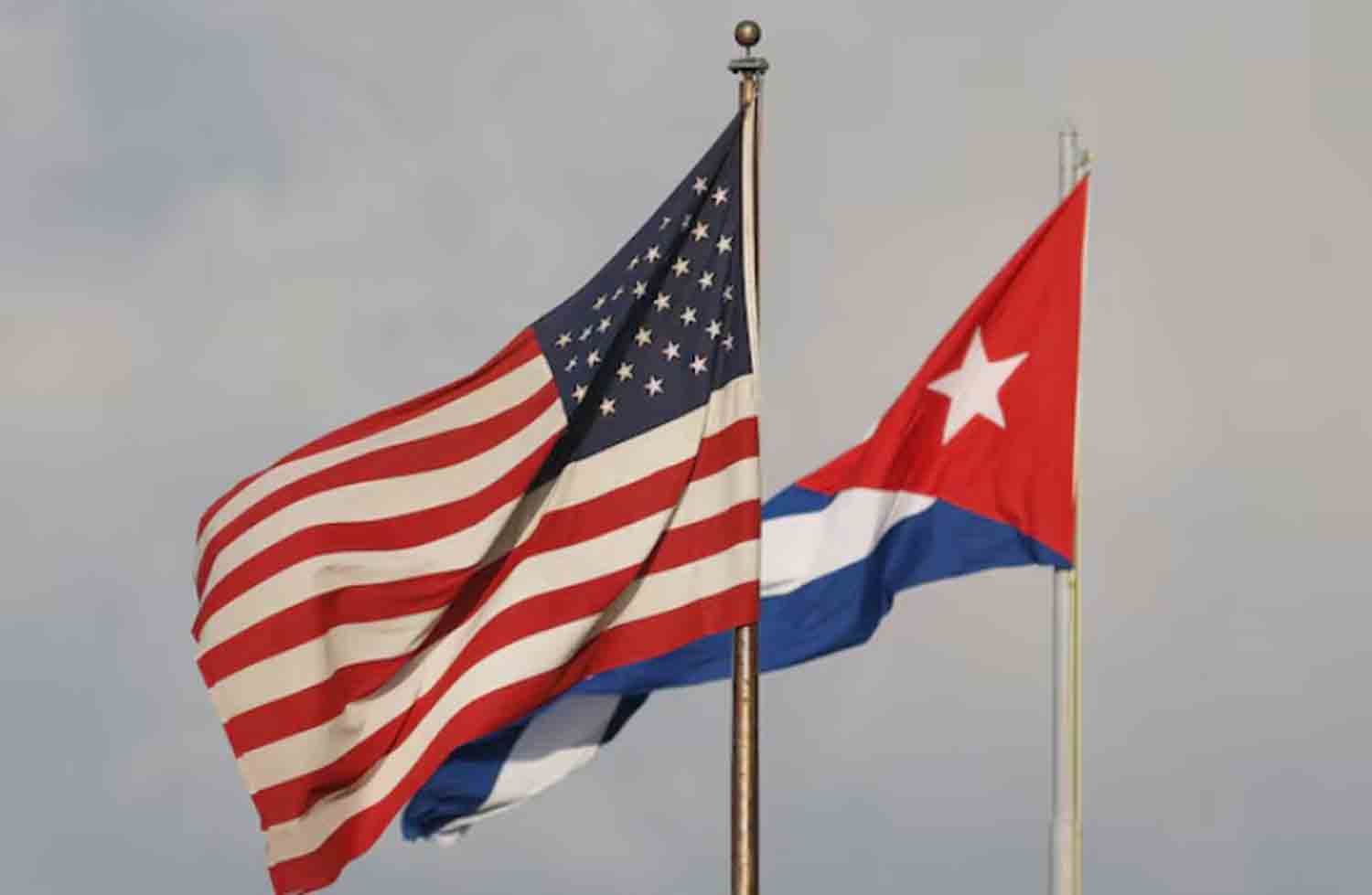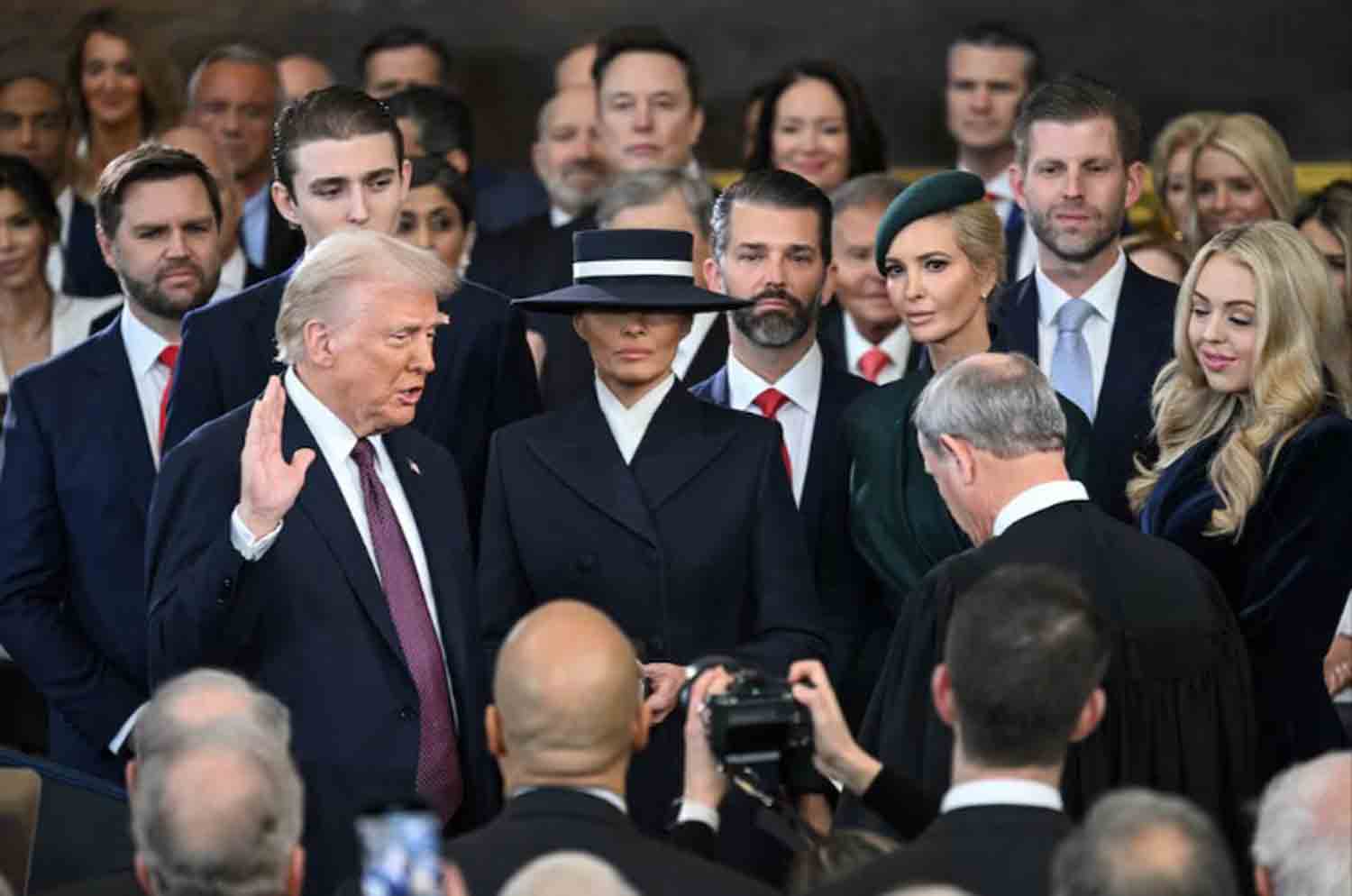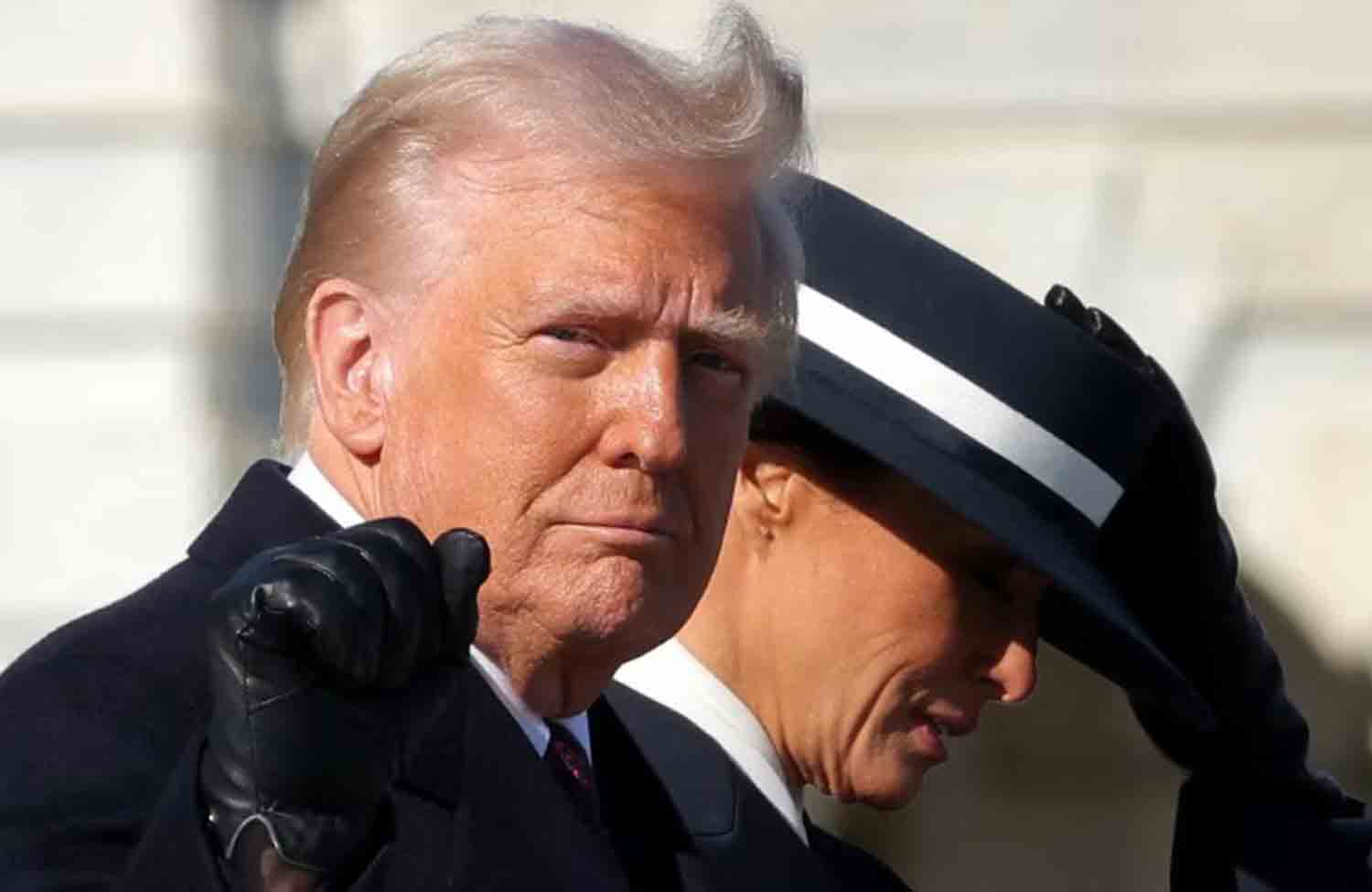Newly inaugurated President Donald Trump on Monday overturned the Biden administration’s recent decision to take Cuba off the U.S. list of state sponsors of terrorism, according to the White House.
Just hours after beginning his second term, Trump signed a “rescission” of then-President Joe Biden’s January 14 action, which aimed to remove the Communist-led island’s designation as a nation that sponsors terrorism.
This move is part of a broader effort by the new administration to reverse what it considers “harmful” policies and actions from the previous Democratic administration. It effectively maintains Cuba’s status on a list that Trump himself established at the conclusion of his first term in 2021.
Biden’s announcement last week, which included Cuba’s commitment to release over 500 prisoners, seemed designed to roll back many of the sanctions imposed by Trump during his earlier presidency.
In response, Cuban President Miguel Diaz-Canel took to social media late Monday, labeling Trump’s revocation of Biden’s measures as an “act of mockery and abuse.” Although Cuba has consistently denied any involvement in terrorism, it had started to release a limited number of prisoners as part of a broader agreement negotiated with the Vatican. However, following Trump’s decision, the future of these releases remains uncertain.
The removal of Cuba from the terrorism list would have alleviated some sanctions on an island already grappling with a severe economic crisis.
Biden has also annulled a 2017 directive from Trump that limited financial dealings with certain Cuban entities linked to the military and government, as stated by a senior administration official. Furthermore, last week, Biden aimed to block individuals from initiating lawsuits against both Cuban entities and foreign firms under the Helms-Burton Act concerning properties confiscated after Fidel Castro’s 1959 revolution, according to the official.
It remains uncertain whether Trump, known for his strong criticism of Cuba and efforts to undo the Obama-era rapprochement during his first term, would permit these lawsuits to proceed. Following Biden’s announcement, Cuba’s government described it as a move in the “right direction,” while also accusing the U.S. of ongoing “economic warfare,” given that the Cold War-era trade embargo against Cuba is still in effect.
Most, if not all, of the individuals released last week were detained in connection with the unprecedented anti-government protests that erupted in July 2021, marking the largest demonstrations since Fidel Castro’s revolution. The U.S., European Union, and various human rights organizations have condemned Cuba’s reaction to these protests as oppressive and excessively forceful.
Discover more from Defence Talks | Defense News Hub, Military Updates, Security Insights
Subscribe to get the latest posts sent to your email.





